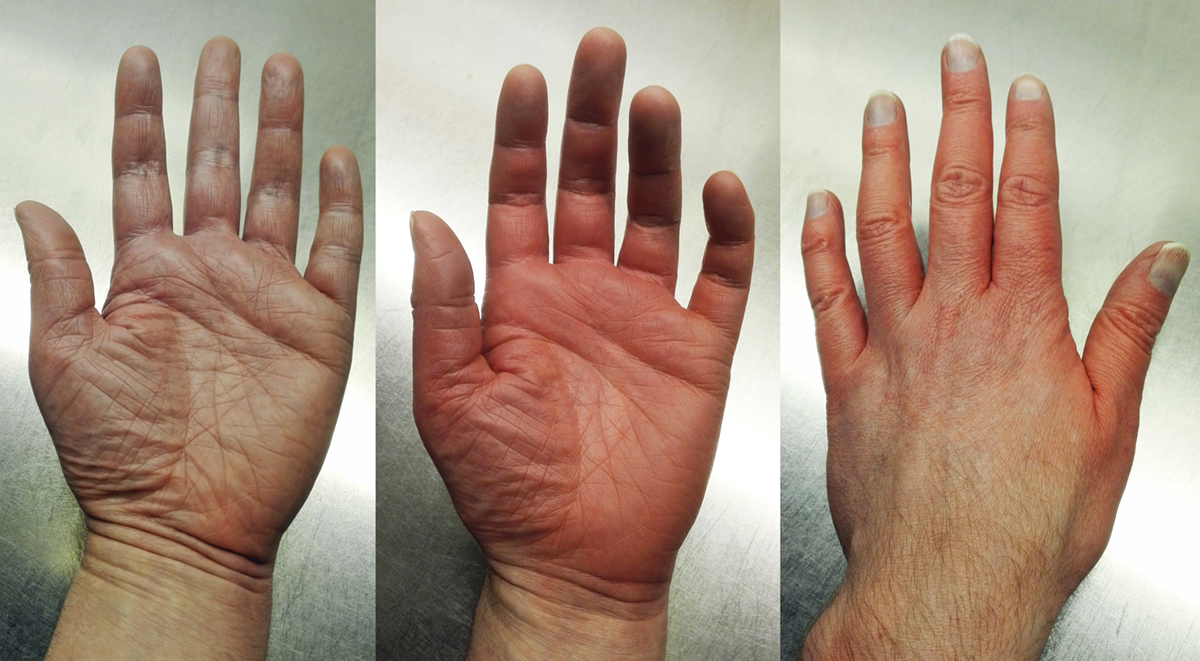
Information on Neuropathy
Neuropathy refers to the impairment of the nerves. Neuropathy can be classified on the basis of which nerves are affected. Sensory neuropathy damages the nerves responsible for the sensation throughout the body. If the nerves controlling the body functions of the inner organs are affected, than the neuropathy is autonomic. Autonomic neuropathy includes the effects on the heart beating, blood pressure, digestion and bowel and bladder emptying. Motor neuropathy is a condition in which muscles and movements are weak. Neuropathy presents a common complication of diabetes mostly affecting hands and feet (distal neuropathy)or legs. People with neuropathy cannot sense the pain and thus are not aware of the bone fracture. The bones in the foot are displaced causing the deformities in the foot, and eventually leading to the so called foot drop. Very often, these people have difficulties moving and lifting up the foot. A person may feel tingling and abnormal sensations in the legs or arms which can intensify into the severe pains. Gradually, the pain reduces and the person actually does not feel any pains so cannot tell when some bone is broken. The doctor, particularly neurologist, will carefully examine the patient so as to determine the neuropathy condition. During a routine medical examination, such a patient is not sensitive to pins or slight strokes that a doctor will use. The doctor decides on the treatment suitable for the patient, but some physical therapies and massages are not excluded. Treatments and Solutions
One of the possible solutions to the problems these patients face is to include an anti-convulsant medication, like for example Gabapentin. The medicine is effective to the pain relief and additionally it improves the sleeping habits of a patient. Moreover, it is reported to be beneficial to the mood changes the neuropathy patients are likely to experience. The pain may be soothed also by using the tricyclic antidepressants, primarily used for depression. The patients can use such medicines even when they do not have a problem with depression. Some side effects are possible and the doctor decides on the dose or medicine changes. Some doctors may involve analgesics for pain relief, though its effect is narcotic and likely to cause addiction. The diabetics should be careful of which medicines they take, especially if they take non-steroidal anti-inflammatory drugs (Ibuprofen and sulindac) because the interaction of the medicines can lead to the toxic effect on the kidneys. Topically applied creams, such as capsaicin cream, have also helped some people with the pains. Whatever the doctor prescribed, the pains and symptoms should recede after six weeks. If there is no improvement, sometimes the sugery is possible.






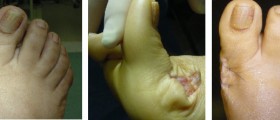
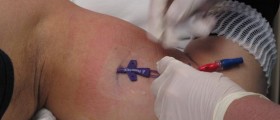

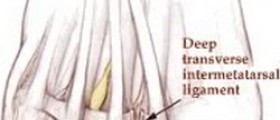

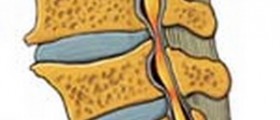
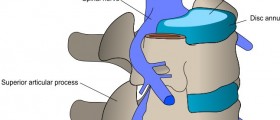
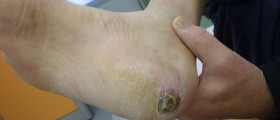

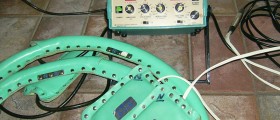

Your thoughts on this
Loading...